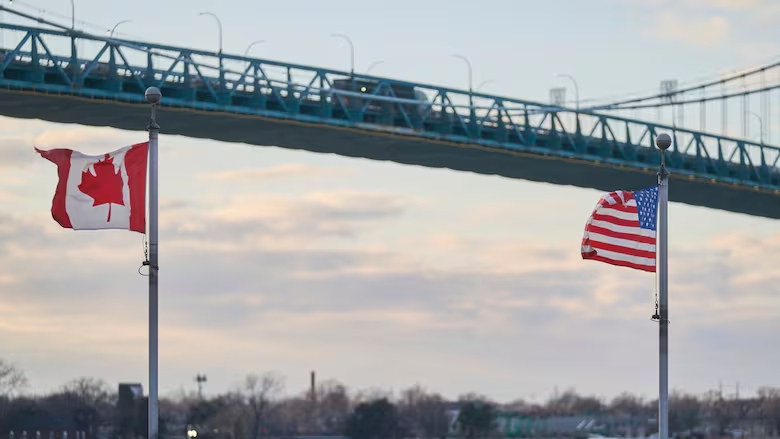In a major move aimed at tightening national security and addressing cross-border concerns, the Liberal government introduced Bill C-2, the Strong Borders Act, on Tuesday, granting sweeping new powers to law enforcement, border officials, and intelligence agencies. The proposed legislation touches on everything from immigration control and drug enforcement to mail inspections and maritime security, in what Public Safety Minister Gary Anandasangaree called a critical step in safeguarding Canadian sovereignty and strengthening ties with the United States.
The bill proposes significant amendments to over a dozen federal laws, including the Immigration and Refugee Protection Act, Criminal Code, Oceans Act, and Canadian Security Intelligence Service Act. At the heart of the legislation is a series of powers that would allow officials to cancel, suspend, or alter immigration documents in real time if national security, public safety, or public health concerns are cited. The government would also be allowed to pause the acceptance of new immigration applications or cancel those already in progress deemed not in the public interest.
The new framework also requires that asylum claims be filed within one year of entering the country — including for students and temporary foreign workers — and reduces the grace period for irregular border crossers to just 14 days to file their claim. Under the bill, removal orders would take effect immediately if an asylum application is withdrawn, streamlining the process for voluntary departures.
As part of broader reforms to crack down on drug trafficking, especially the southbound flow of fentanyl and its precursors, Bill C-2 also amends the Controlled Drugs and Substances Act and Cannabis Act to give agencies more oversight over chemicals used in illicit drug manufacturing. The announcement follows Canada’s recent appointment of a fentanyl czar and intensified border surveillance operations.
Minister Anandasangaree said the bill is not solely in response to American concerns, but acknowledged it addresses long-standing irritants with the United States, especially following President Donald Trump’s January 2025 national emergency declaration, which led to a 25% tariff on Canadian goods. That move was justified by Trump as a response to an “untenable” migration and drug flow into the U.S., placing enormous pressure on Ottawa to take more aggressive border measures. Anandasangaree later briefed U.S. border czar Tom Homan on the bill’s contents in an effort to reinforce bilateral cooperation.
The legislation introduces new powers to the Canadian Coast Guard, allowing it to perform security surveillance duties, particularly in remote Arctic regions. Changes to the Oceans Act will enable the agency to collect and share security intelligence — a role traditionally outside its civilian mandate.
Further measures include granting authorities the right to inspect outbound mail under the Canada Post Corporation Act and requiring electronic service providers to retain subscriber data for use in criminal or national security investigations. The Sex Offender Information Registration Act will also be updated to allow the RCMP to share information with foreign partners, and tougher rules will be imposed to combat money laundering, including restrictions on cash transactions exceeding $10,000.
Bill C-2 marks one of the most comprehensive border and security overhauls in Canadian history. The government argues the legislation is in full alignment with the Canadian Charter of Rights and Freedoms, and that it balances the need for expanded security powers with the protection of individual liberties. However, civil liberties groups and immigration advocates are expected to closely scrutinize the proposed measures in the weeks ahead.
The legislation fulfills a promise made in the 2025 Throne Speech to bolster border enforcement, modernize security tools, and ensure Canada remains a strong and responsive partner in North American security.

